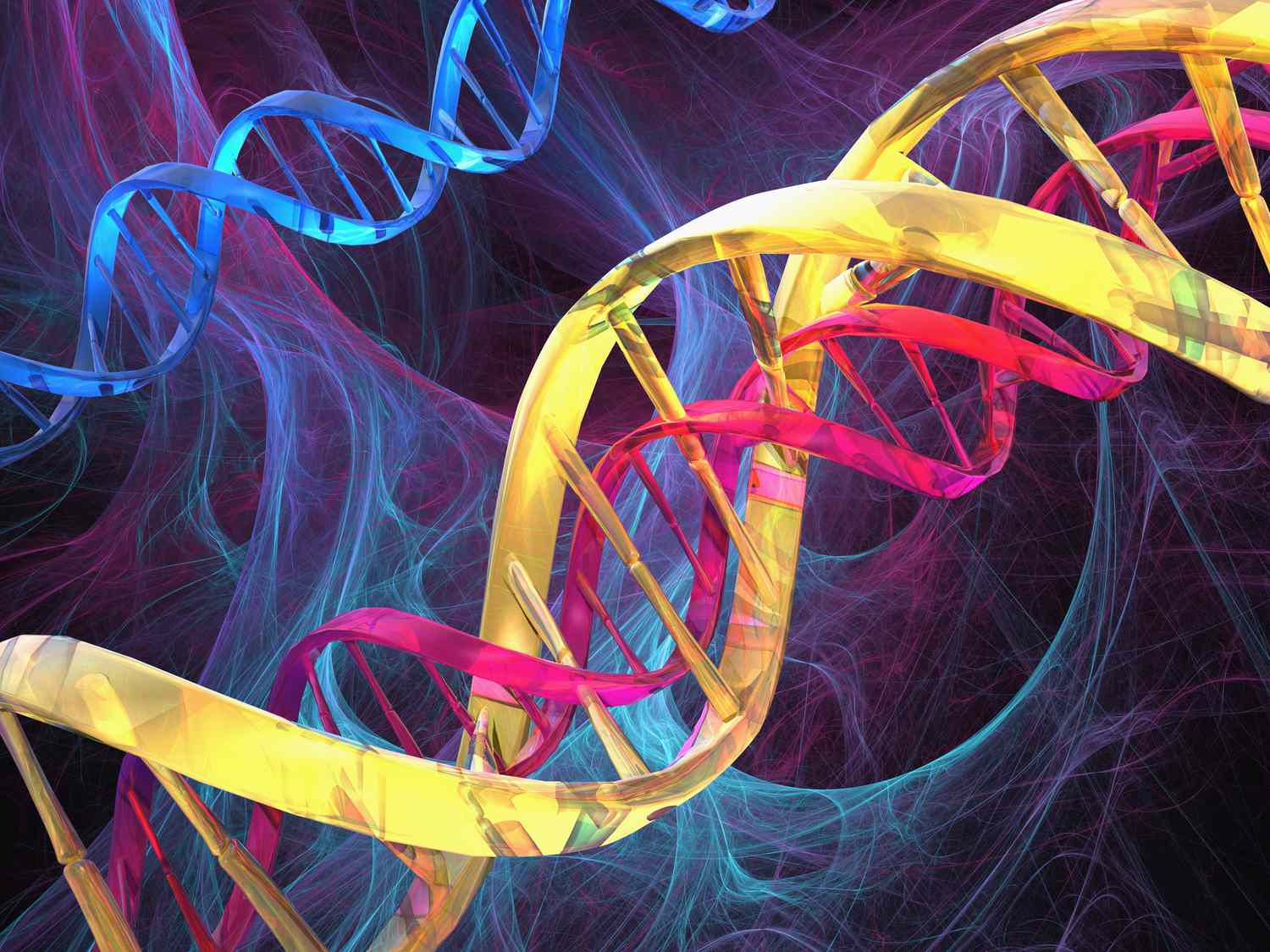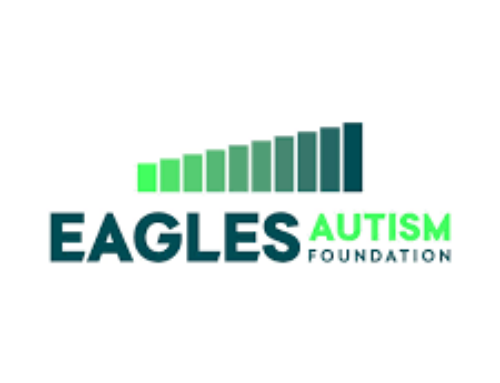Is Autism Hereditary?
New genetic clues have revealed more about the hereditary role in autism diagnosis.
For many parents, a diagnosis of autism can come with a deep search into family history, looking for any relatives, however far removed they are, with signs of autism.
UCLA Health researchers have recently published one of the most extensive studies ever into autism, looking closely at families with at least two children who have been diagnosed with autism. The study uncovered new risk genes and also provided more insight into how our genes can influence whether someone develops autism or not.
It’s important to note that there isn’t a definitive cause for autism spectrum disorder (ASD). However, research has shown us that there are genetic, environmental, and developmental factors that are linked to ASD.
 UCLA Health Study Conclusions
UCLA Health Study Conclusions
The study, published in Proceedings of the National Academy of Sciences on July 28th, also uncovered genetic evidence that language delays and dysfunctions should be factored into a core component and diagnosis of autism.
In the past, many genetic studies into autism have focused on families with only one child and even excluded families with multiple affected children. Because of this, few of the studies have looked at the role of the rare variations or their interaction with the combined effects of common genetic variations.
“Study design is critical, and not enough attention has been paid to studying families with more than one affected child,” said the lead study author, Dr. Daniel Geschwind, the Gordon and Virginia MacDonald Distinguished Professor of Human Genetics, Neurology, and Psychiatry at UCLA.
It’s estimated that almost 50% of the genetic risk of autism is predicted by genetic variations, and 15-20% of the risk is due to spontaneous mutations or predictable inheritance. Researchers have yet to identify the remaining genetic risks.
For the purpose of the study, scientists performed genome sequencing on 4,551 individuals from over 1,000 families who had at least two children who had been diagnosed with autism. The group included 418 children that didn’t have an autism diagnosis and 1,836 that did have an autism diagnosis.
During their research, researchers identified seven potential genes which could increase the risk of autism. These seven genes are PLEKHA8, PRR25, FBXL13, VPS54, SLFN5, SNCAIP, and TGM1.
Researchers also examined polygenic risk, which is a combination of genetic variations that can raise the risk of developing autism. They learned that children who inherited rare mutations from unaffected parents along with polygenic risk were more likely to have autism. This highlights why parents who carry a single rare mutation may not show any signs or symptoms of autism even if their children do.
“This association of general risk for ASD that was strongest in those with language delay suggests that language is actually a core component of ASD. This finding needs to be replicated in larger cohorts, especially those recruited more recently under DSM-5,” Geschwind said.
Is Autism Hereditary? – Conclusion
As you can see, while scientists continue to discover the secrets to unlocking autism, more research is still needed. It’s another reason why supporting organizations that study autism spectrum disorder is so crucial to the continued breakthrough of the condition.
If you have any questions about autism products or would like to find more information about sensory products, please don’t hesitate to reach out and contact us directly. Our friendly and professional team is standing by to assist you.





